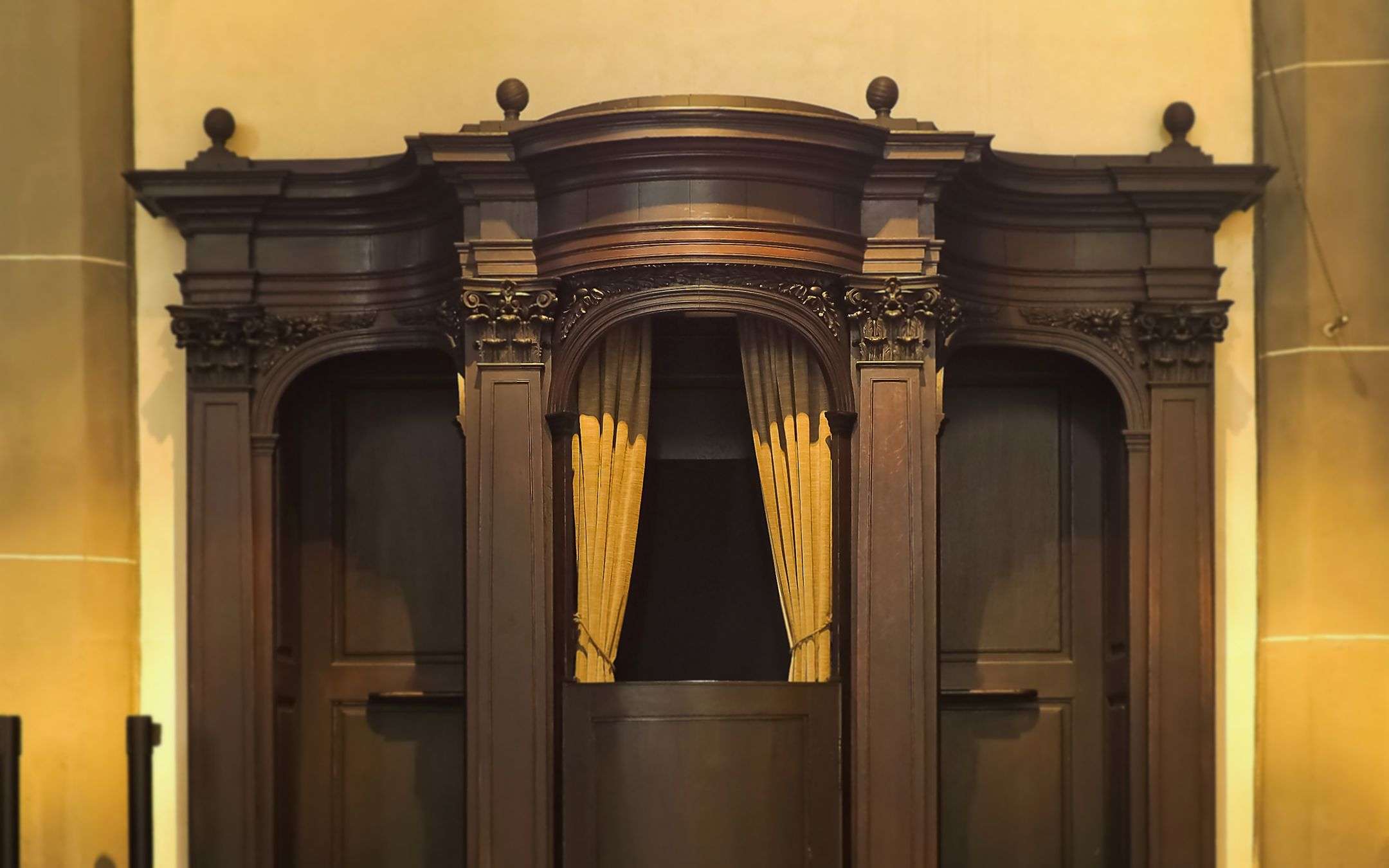Empathy and confessions: where digital does not reach

The digitization of empathy
What is explained in the Osservatore Romano regarding the sacrament of Confession, according to which without a coexistence between confessor and confessing, the rite has no validity. The "place" of the confessional, in short, is given by the proximity between two people, without which the relationship of mutual secrecy and empathy in which a confession can take place with all the trappings is lost:We can affirm the probable invalidity of the acquittal given through these means. In fact, the real presence of the penitent is missing and there is no real transmission of the words of absolution; they are only electrical vibrations that reproduce the human word.
No to confessions via smartphone, in short: this is not how repentance can be expressed. Clearly, it is not just a formal question, although an external look can detract from this reasoning: it is a matter of personal approach, of psyche, of the ability to go into the soul in search of repentance and truth. Although Cardinal Mauro Piacenza expresses the concept from the point of view of whoever receives confession, the imbalance of differences weighs heavily on the confessed person, who must be able to know that his voice reaches the confessor and can receive feedback: the context of the communication it determines the code, modifying the nature of the communication between the two parties at the root.
It is no coincidence that the world of psychology is also very reluctantly facing the use of smartphones. Although in time of lockdown they have been a fallback solution of great usefulness to overcome the required distance between psychotherapist and client, it was immediately clear how this relationship should be recovered as soon as possible in a personal, "offline" dimension. Psychological assistance via smartphone continues to be authorized, but cannot replace traditional assistance: it is instead a good way for a first contact with the client, as well as a good way to provide more continuous assistance over time. However, if the "digital" dynamic becomes structural in the treatment, many cornerstones of the relationship between assistant and client are missing, casting doubt on the cornerstones on which the profession has been built over time.
Cases of this type are many and in many areas: there are aspects related to empathy that cannot be translated into digital communication systems for the simple reason that empathy itself is built on physicality, proxemics, looks, sensations. Camera and monitor are often refractory to the passage of complete information, limiting themselves to transmitting structured, targeted, limited and limiting data. After all, even a declaration of love would not be the same if sent in a video call, without shaking a hand, without a direct intersection between the pupils.
Digital has allowed much more than nothing, but often also much less than all. It is not the fault of the instrument, but of the fact that we are not used to using it fully. After the pandemic everything will be different, but in certain areas there will still be a long way to go because man himself is based on a communication made of physicality, understanding and coexistence. And one day, who knows even priests and psychologists will be able to fulfill their role more effectively, being able to enter the heart and mind with a click. Before them, however, the commercials will arrive, we have to be sure.
Source: Osservatore Romano